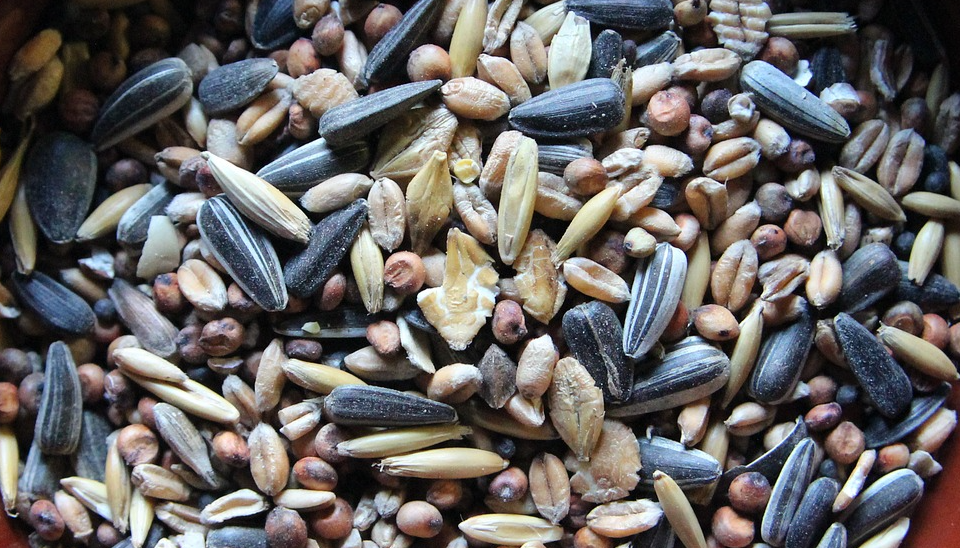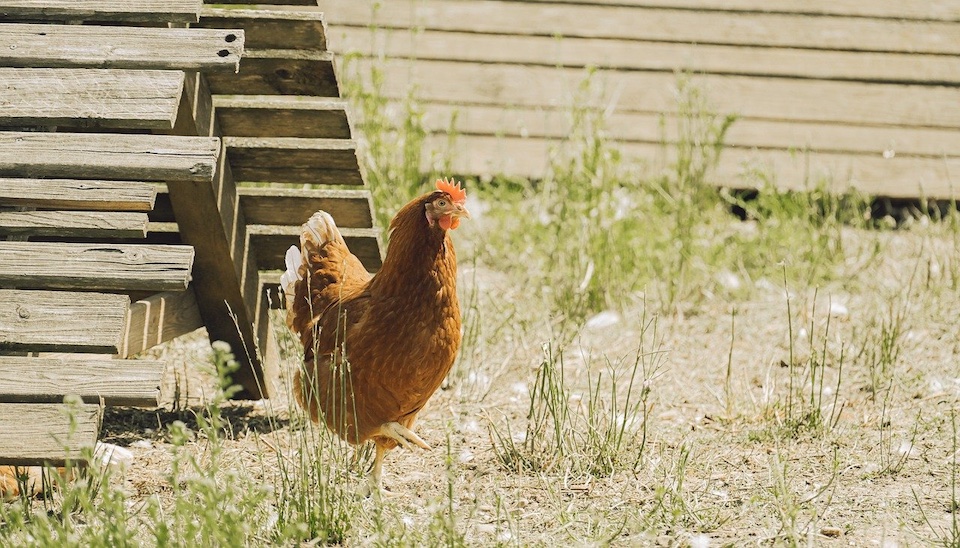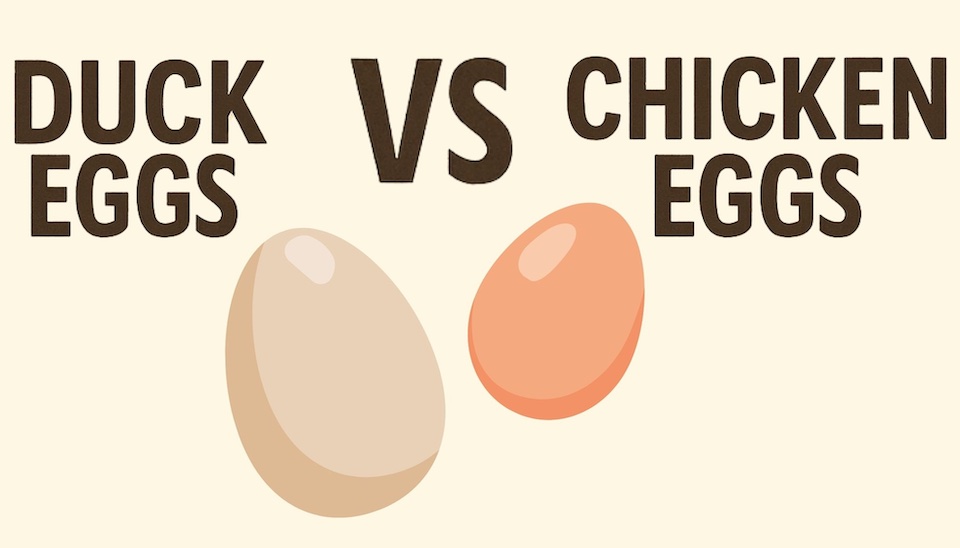What is in chicken feed?
Everything you need to know about chicken feed
Diet is a key factor in the health, productivity and longevity of your chickens, so their feed is important. How much do you know about your chicken feed?
What is in chicken feed?
If you’ve ever seen a scratch mix, you can probably answer the question ‘What is in chicken feed?’ But why are these ingredients used? And are pellets the same?
Most chicken feeds are made up of similar ingredients:
- Grains
- Legumes
- Protein meals
- Fats, oils and/or oilseeds such as sunflower, canola and linseed
- Vitamin and mineral supplements
They may look different, but scratch mixes, pellets and meals all have similar ingredients and any complete feed will have a vitamin and mineral supplement. But scratch mixes encourage chickens to only eat their favourite parts, such as corn and sunflower seeds, so they miss out on essential nutrients.
Can I make my own chicken feed?
While you could make a good-looking mixture of grains and seeds and call it chicken feed, nothing is that simple. In fact, homemade chicken feed can be downright dangerous.
Chickens require a wide range of nutrients, in specific proportions, in order to be healthy. There are scientists who spend their entire careers investigating chicken nutrition. Any complete chicken feed has been carefully balanced by a poultry nutritionist to ensure it contains everything chickens need, in the right amounts.
If you are making your own chicken feed, it is important to carefully balance it to meet your chickens’ nutritional needs. Without a complete, balanced ration, chickens will be unhealthy and unproductive even if they free-range.
Shop for the best chicken feed.
What nutrients do chickens need?
Thanks to the egg and meat industries, scientists know exactly which nutrients chickens need and in what amounts.
Of course, nutrient requirements differ depending on age, lifestyle and even breed. For laying hens, the most important nutrients are:
- 16-18 % protein
- High calcium levels (at least 2.75 % and research suggests 3.4 % or more may be optimum)
- No more than 10 % fibre
- A wide range of essential vitamins and minerals
- Fatty acids such as omega 3
In the wild, chickens would naturally eat a diet high in insects, which are an excellent source of protein and energy, supplemented with fruits, seeds, grains and fresh green forage.
But backyard layers are far more productive than their ancestors, wild or domestic. Their best chance to have a long and productive life is a complete chicken feed that has been carefully formulated to contain everything that a chicken needs to thrive.
How do chickens get the nutrients they need?
In chicken feed, grains provide the main source of energy and fibre. They also contain protein, but not enough for laying hens.
Protein is generally provided by a mixture of legumes, oilseeds and protein meals. While legumes are a good source of cheap protein, they have a high fibre content. Oilseeds provide protein and essential fatty acids, but too much fat can cause health issues.
Because chickens are naturally omnivores, some proteins and fatty acids are more easily absorbed from animal sources. For this reason, protein meals such as meatmeal are often included in chicken feed. There is a move towards utilising insect meals in chicken feed instead, but supply is an issue.
A small amount of additional fat or oil is often added to chicken feed to provide energy and essential fatty acids, and to help with the absorption of fat-soluble vitamins.
Calcium and other vitamins and minerals supplements are also added to complete feeds.
While a complete, balanced feed should be the main source of nutrition for healthy chickens, adding a shell grit, green forage and occasional insect treats, will ensure optimum health and performance.
What are the ingredients in chicken feed?
Chicken feed ingredients often change from batch to batch. This is because manufacturers are constantly balancing the nutritional value of different feed components.
Producers can test feed ingredients to determine their nutritional content, which can change depending on the season, plant variety, growing conditions etc. After testing, the composition of the feed will be adjusted to ensure optimum nutrition. Ingredients might also change due to cost or availability.
Designing a chicken feed is a balancing act of carbohydrates versus fibre and protein versus fat, not to mention minor nutrients! You may not test your ingredients, but if you are making your own feed you still need to put the same consideration into protein and other nutrients.
Average nutritional qualities of chicken feed components

Should I make my own chicken feed?
It is possible to make chicken feed at home, and many people do it. There are plenty of chicken feed recipes available online. But there is no guarantee that the makers have properly calculated the nutritional value of the feed. And the second you swap out one ingredient, the calculations must be done again!
If you are making chicken feed, even from a recipe, you must use a feed chart to ensure the mix is nutritionally balanced. Failure to do this may cause ill-health and low production. It has the potential to decrease the life-expectancy and productive life of your birds.
Should I be supplementing my chickens’ feed?
A complete layer feed, in pellet or mash form to discourage selective feeding, provides everything chickens need except grit.
That’s why it is so important to limit treats and scraps. Your chickens’ main source of feed should be just that, their feed!
That said, all laying hens should be provided with free access to shell grit, even with a complete feed.
Also, foraging has been shown to be beneficial to chickens’ well-being. Some complete feeds for free-range birds account for foraging. Adding a low-dose vitamin and mineral supplement and a high-protein treat like Dried Mealworms a few times a week can also be helpful for free-range birds. As long as your chickens’ main feed is their feed, there is no harm in the occasional treat!
Check out these blog articles to learn more about chicken feed and nutrition:
- Why modern chicken breeds can't survive by foraging alone
- Are scraps good for chickens?
- The best chicken feed for laying hens
- How much protein do chickens need?
- Chicken obesity - it's real and it's a problem!
Happy chicken keeping!
Rachael at Dine a Chook Australia



